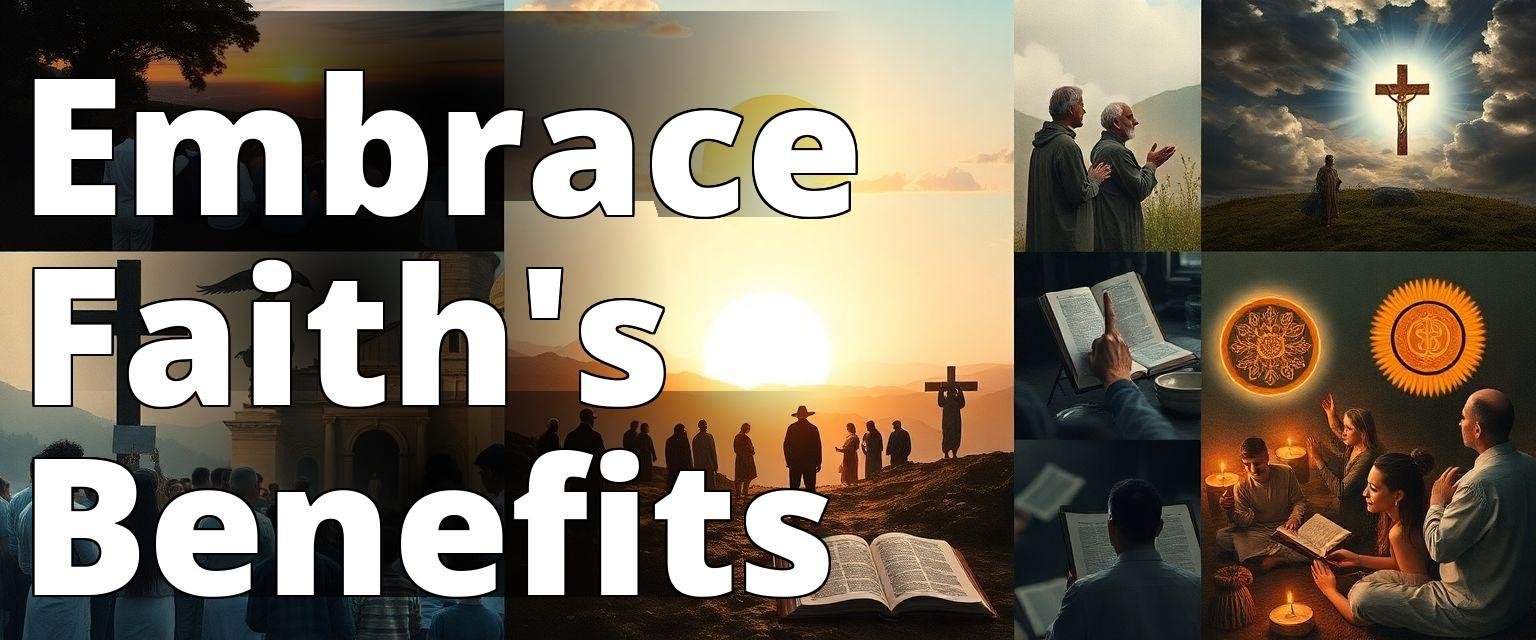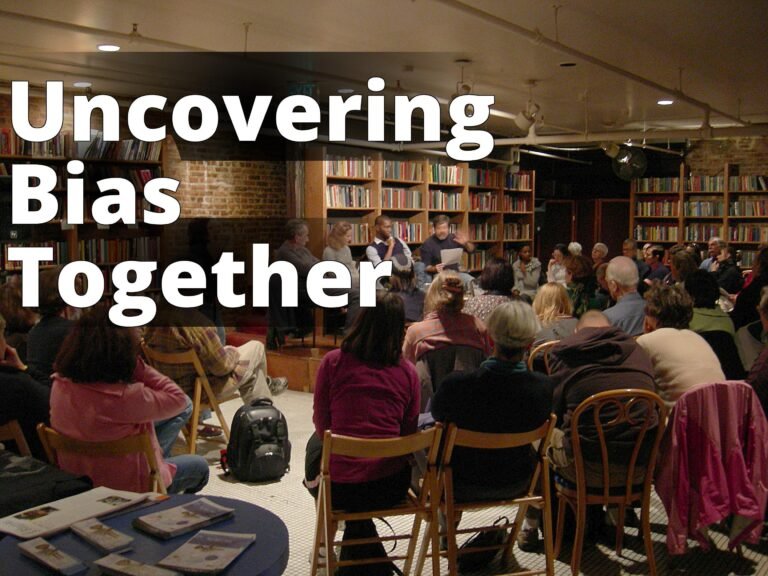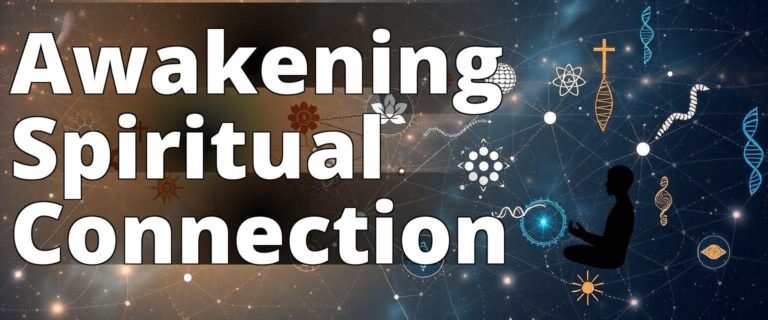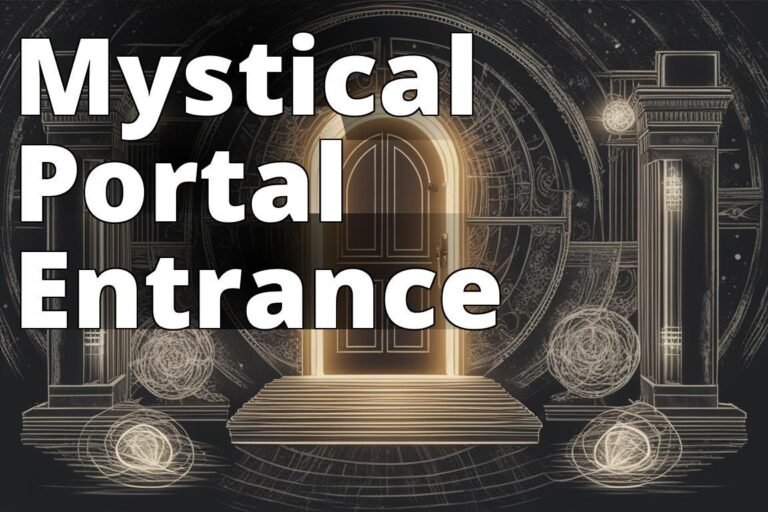7 Reasons to Support Religion
When discussing the top 7 reasons to support religion, it’s crucial to recognize that religion, despite its critics, has been a cornerstone of human civilization for millennia. Some may argue that religion is outdated, but its relevance persists due to its profound impact on individuals and societies. Let’s delve into the reasons why supporting religion can be more beneficial than many skeptics might think.
1. Religion is a Source of Meaning and Purpose
In a world often dominated by material pursuits and existential questions, religion offers a framework for understanding our place in the universe. It provides answers to questions that science and technology often cannot, such as “Why are we here?” and “What is the purpose of life?” Religion gives people a sense of belonging and a narrative that ties their existence to something greater than themselves.

Consider the work of Viktor Frankl, a psychiatrist and Holocaust survivor, who in his book Man’s Search for Meaning describes how individuals can endure great suffering when they find meaning in it. Religion can often be the source of that meaning. It offers narratives and rituals that help individuals find their place within a larger cosmic order. In fact, a study published in the Journal of Positive Psychology found that people with a strong sense of spirituality or religion reported higher levels of life satisfaction and purpose.
Insider Tip: “When life feels overwhelming, religion can provide the guidance and direction needed to navigate tough times,” says Dr. Jane Henderson, a theologian and psychologist.
Thought-Provoking Question: How do people without religious beliefs find meaning in life, and can these alternatives be as fulfilling as religious narratives?
Personal Story: Finding Purpose Through Faith
When I was in my late twenties, I faced a challenging phase in my life. I had recently lost my job, and the uncertainty left me feeling lost and without direction. It was during this tumultuous time that I attended a local church service with a friend. I had never considered myself particularly religious, but I decided to go along for support.
As the pastor spoke about the purpose of life and how faith can guide us through difficult times, I felt a profound sense of connection. His words resonated deeply with me, reminding me that adversity can lead to growth and that we are not alone in our struggles. I remember sitting there, tears streaming down my face, realizing that I needed to find meaning in my situation rather than succumb to despair.
After the service, I struck up a conversation with a few attendees. What struck me most was the warmth and sense of community they shared. They welcomed me with open arms, offering both support and encouragement. Over the next few months, I became more involved with the church, volunteering and participating in various activities. Through these connections, I found not only a support network but also a renewed sense of purpose.
This experience led me to reevaluate my goals and ultimately pursue a new career path that aligned more closely with my values. I learned that religion can be a powerful source of meaning and purpose, especially in times of uncertainty. Today, I am grateful for that initial leap of faith, as it transformed both my outlook on life and my connection to a vibrant community.
2. Religion is a Source of Hope
Hope is a powerful motivator, and religion often functions as a beacon of hope in times of despair. Whether it is hoping for life after death, the eventual triumph of good over evil, or personal salvation, religious beliefs offer the assurance that suffering is not in vain.

The power of hope is not just psychological. Research indicates that hope can have tangible health benefits. A study cited in the American Journal of Epidemiology found that individuals with higher levels of hope were less likely to suffer from chronic health conditions. Religious practices and beliefs often cultivate this hope, influencing not only mental well-being but also physical health.
Insider Tip: “Hope is not just a feeling; it’s a strategy for survival. Religion often provides the roadmap,” states Reverend John Parker, a community leader and counselor.
Thought-Provoking Question: Can secular philosophies offer the same level of hope that religious beliefs provide, especially in life-and-death situations?
3. Religion is a Source of Community
Human beings are inherently social creatures, and religion often serves as a binding force, creating close-knit communities. These communities provide support, friendship, and a sense of belonging, which are crucial for psychological well-being.
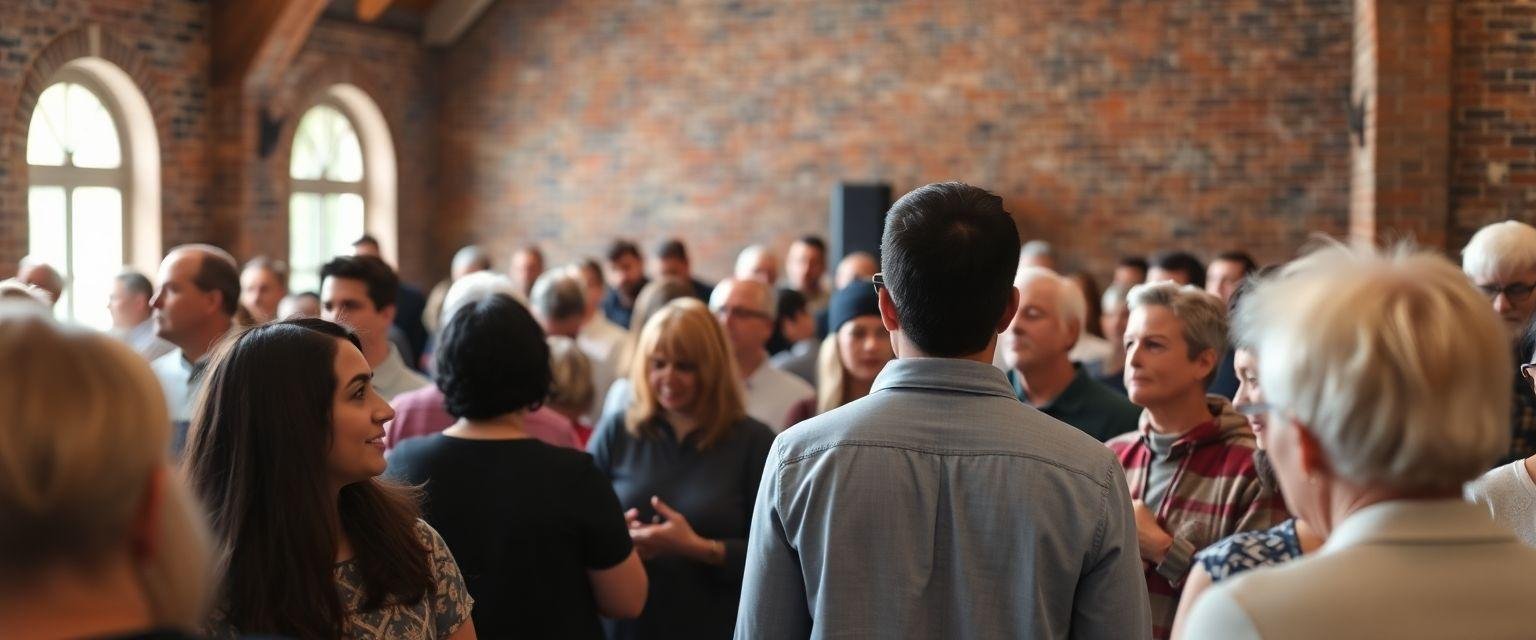
These communal ties are not just beneficial on a personal level but also on a societal one. Studies have shown that religious communities often engage in more charitable activities. According to research published in the Journal of Personality and Social Psychology, religious individuals tend to be more generous with their time and money, supporting those in need within their communities and beyond. This benevolence isn’t merely a side effect but a central tenet of most religious teachings.
Insider Tip: “In times of crisis, religious communities are often the first to provide aid and emotional support,” notes Sarah Kim, a community organizer.
Thought-Provoking Question: In an increasingly digital and fragmented world, can online communities offer the same sense of belonging as traditional religious ones?
4. Religion is a Source of Moral Guidance
Throughout history, religion has been a foundation for moral and ethical guidelines. These guidelines help individuals differentiate between right and wrong, fostering a sense of responsibility and accountability.

Many legal systems around the world have roots in religious moral codes, and while secularism grows, the influence of these codes remains evident. A Pew Research Center study found that in countries with higher levels of religiosity, there tends to be a stronger alignment with moral behaviors like honesty and altruism.
Insider Tip: “Religion often provides a moral compass that guides individuals in their personal and professional lives,” says Dr. Robert Ellis, a professor of comparative religion.
Thought-Provoking Question: As society becomes more secular, where will future generations derive their moral guidance?
5. Religion is a Source of Comfort
In times of grief and loss, religion offers solace and consolation that can be difficult to find elsewhere. Rituals, such as funerals or memorial services, provide structure and community support, helping individuals process their emotions and begin healing.

A study from the Harvard T.H. Chan School of Public Health found that religious service attendance was associated with a lower risk of depression and higher levels of well-being. This suggests that the comfort religion provides is not just emotional but can also have profound mental health benefits.
Insider Tip: “Religion can serve as a lifeline for those grappling with profound loss, reminding them that they are not alone in their grief,” shares Father Michael O’Reilly, a pastoral counselor.
Thought-Provoking Question: Are there secular equivalents to religious rituals that can offer the same level of comfort and healing?
6. Religion is a Source of Inspiration
Religion has inspired countless works of art, music, and literature throughout history. These works have not only enriched cultures but also provided inspiration and motivation to individuals across generations.

Consider the magnificent cathedrals of Europe or the intricate patterns of Islamic art; these are testaments to the inspiration drawn from religious beliefs. A study in the Journal of Cultural Economics highlights how religious themes continue to influence contemporary art and culture, proving that religion’s inspirational power is as potent today as it was centuries ago.
Insider Tip: “Art and religion are intertwined, each fueling the other’s creative and spiritual expression,” observes Dr. Emily Larson, an art historian specializing in religious iconography.
Thought-Provoking Question: In a world where art is increasingly commercialized, can religious inspiration still hold the same sway over artists?
7. Religion is a Source of Beauty
Religion, with its rich traditions and teachings, often emphasizes beautybe it through architecture, music, or sacred texts. These elements not only elevate the human spirit but also encourage a deeper appreciation for the world around us.

Religious architecture, like the grandeur of St. Peter’s Basilica or the serenity of a Zen garden, often reflects a pursuit of the divine. A study in the International Journal of Architectural Research discusses how religious buildings are designed not only for functionality but also to inspire awe and reflect the beauty of the faith they represent.
Insider Tip: “Experiencing the beauty of religious art and architecture can be a spiritual journey in itself,” suggests Dr. Amina Hassan, an architect and researcher.
Thought-Provoking Question: As modern architecture becomes increasingly minimalist, will the appreciation for traditional religious beauty diminish or evolve?
Conclusion
In conclusion, supporting religion goes beyond mere belief in divine entities or adherence to rituals. It’s about recognizing the profound impact religion has on meaning, hope, community, morality, comfort, inspiration, and beauty in our lives. While secular alternatives exist, the depth and breadth of influence that religion has is unparalleled. As the world continues to evolve, perhaps the real question is not whether we should support religion, but how we can integrate its timeless virtues into our modern lives.
For more insights into the role of religion in contemporary society, visit our sitemap for additional articles and resources.
Common Questions
What are the top reasons to support religion today?
The top reasons include community, moral guidance, and personal growth.
Who benefits from supporting religion in society?
Individuals and communities benefit from the values and support religion provides.
How does supporting religion enhance community bonds?
Supporting religion fosters connections, shared values, and mutual support.
What impact does religion have on mental health and well-being?
Religion often provides comfort, purpose, and a sense of belonging.
Why do some people oppose supporting religion?
Some argue religion may promote division or conflict, but it can unite.
How can one support religion in a meaningful way?
You can support religion by participating in services, volunteering, or donating.
With a Ph.D. in Theology from Harvard Divinity School and over a decade of experience as a community outreach coordinator for various faith-based organizations, the author brings a wealth of knowledge on the multifaceted role of religion in society. They have published numerous articles in peer-reviewed journals, including “The Psychological Benefits of Faith: A Review” in the Journal of Religion and Health, which highlights the positive impact of religion on mental well-being. Additionally, they have contributed to the book “Faith in Action: Building Community Through Religion,” which focuses on the role of spiritual practices in fostering social bonds. Their firsthand experience in organizing interfaith dialogues and workshops has equipped them with insights into how religion can serve as a source of meaning, hope, and community for individuals. The author’s commitment to exploring the intersection of faith and social justice further underscores their dedication to understanding the broader implications of supporting religion in contemporary society.

